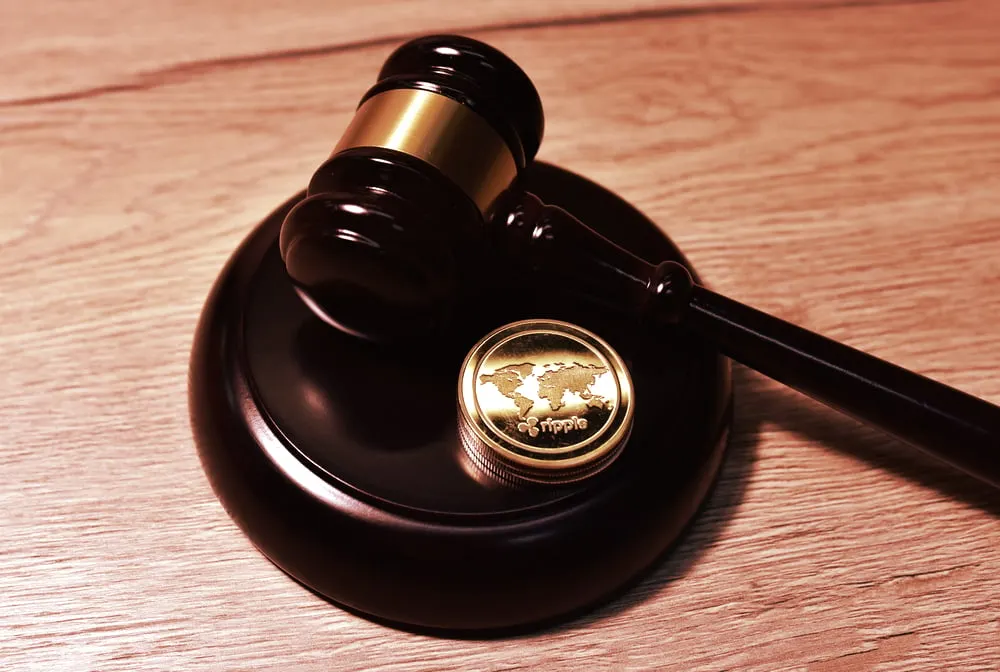In brief
- The SEC wanted to access Ripple’s legal concerns (its “subjective state of mind”) about XRP’s status as it could bolster its legal argument against the company.
- Ripple managed to prevent the SEC from accessing those legal records.
Ripple has stopped the US Securities and Exchange Commission (SEC) from accessing records of legal advice that the crypto payments company sought or received about XRP's status as a security.
On May 7, the SEC asked Judge Netburn to order Ripple to produce records of legal advice around whether its massive sales of XRP are compliant with federal securities laws.
“Ripple asserts that the SEC’s requested communications are protected by the attorney-client privilege, which has not been waived,” US Magistrate Judge Sarah Netburn said in a filing made public today.
The SEC claimed that Ripple’s understanding of the legal status of XRP would support its ongoing legal battle. The agency issuing Ripple for selling $1.3 billion worth of XRP in ongoing unregistered securities offerings. Ripple has denied these complaints ever since the SEC lodged them in December.
Jeremy Hogan, a partner at law firm Hogan & Hogan who has followed the case closely, tweeted that today’s decision is “very important because the Judge states Ripple's subjective beliefs re XRP are NOT relevant to the Fair Notice defense, blocking the road the SEC wanted to use to fight the Defense.”
However, Judge Netburn said that her conclusion only concerns this specific issue, “The Court takes no position about whether Ripple’s pleaded defense is cognizable or if it will prove meritorious.”
In a tit for tat, Ripple has asked Judge Netburn to order the SEC to disclose internal memos about cryptocurrencies. Its lawyers believed that it would be advantageous to learn if the SEC was prejudiced against XRP. Judge Netburn has granted this request “in large part.”
Daily Debrief Newsletter
Start every day with the top news stories right now, plus original features, a podcast, videos and more.

